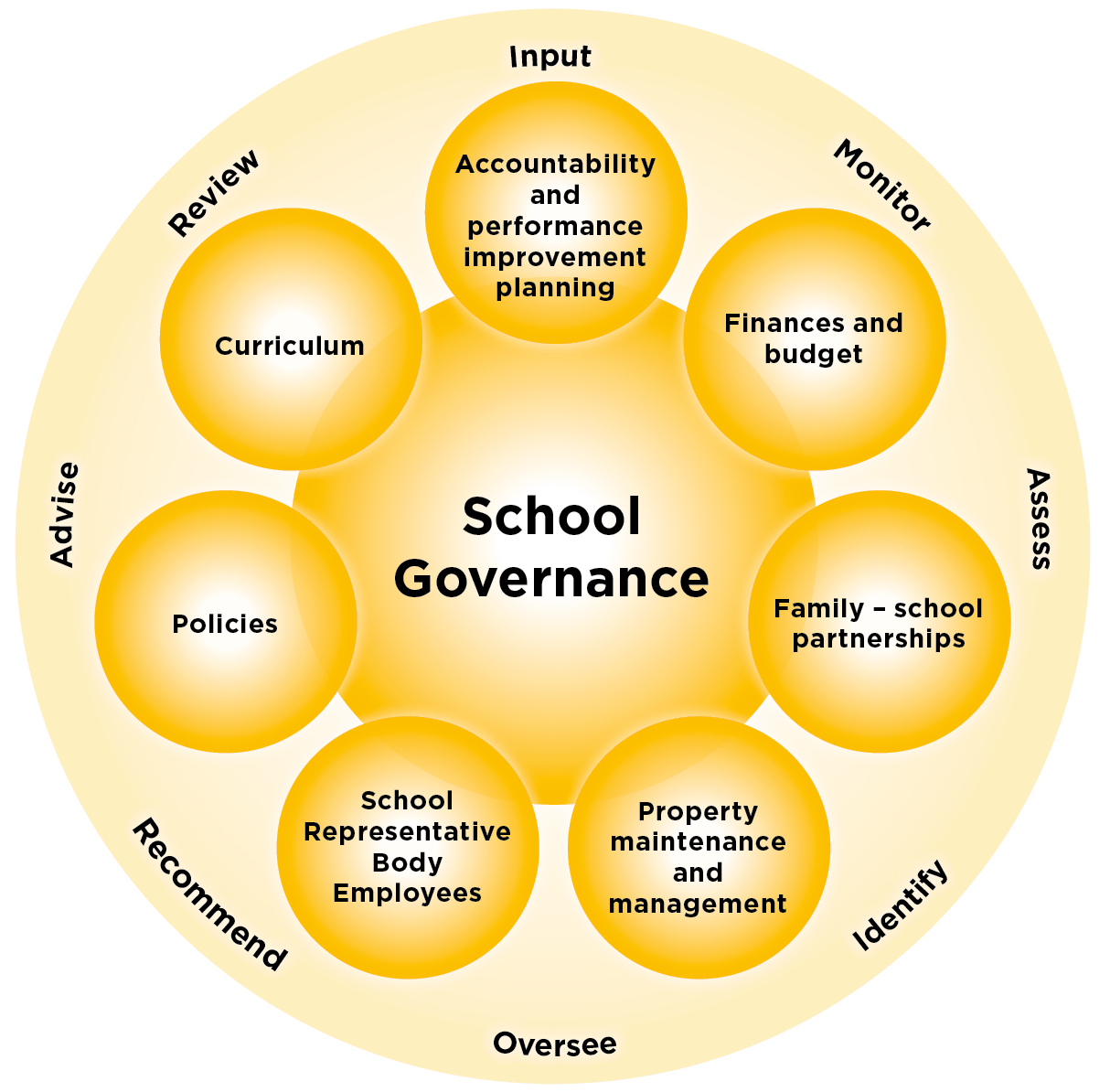What is a School Body?
A School Body may be a
1. School Council
2. School Board
3. Joint School Body
A School Body is an Incorporated Body governed by the Education Act 2015 (NT) with its own Constitution. They form a legal partnership between parents, communities and schools working together for the best outcomes for children.
What does a School Body do?
School Bodies are actively involved in the governance of their school. They enable parents and the school community to provide relevant input into the long-term strategic vision of their school.
An effective School Body is an exciting and dynamic way for the school, parents and community to work together to achieve the best possible education outcomes for all students.

What do Members do?
Members are actively involved in the governance of the school.
As a Member, you can expect to
- Develop the broad strategic direction and vision for the school through the school’s strategic planning process
- Provide input into the development and implementation of policies
- Lead community conversation about key challenges in education
- Ensure the school is responsive to local community needs
- Provide strategic oversight, approve distribution and monitor the performance of the annual budget
- Assess and advise on the physical needs of the school
- Oversee work on buildings and grounds
- Approve community use of school facilities outside of school hours
- Identify fundraising priorities, activities and spend funds accordingly
- Determine school fees and seek voluntary contributions from parents
- Employ School Representative Body staff in accordance with relevant awards and the Fair Work Act 2009 (Cth).
Who can be a Member?
A School Body must have between 5 and 19 members. The number and composition of your membership is defined in your Constitution.
Parents of students enrolled in the school must make up at least 50% of the total membership and must include the Principal and at least one Teacher Member.
Membership must include:
- Parents
- Teacher/s
- Principal
Membership may include:
- Students (Secondary Education only)
- Invited Members
The Members elected should reflect the breadth, diversity and needs of students enrolled, to ensure the best outcomes for the school and the community.
